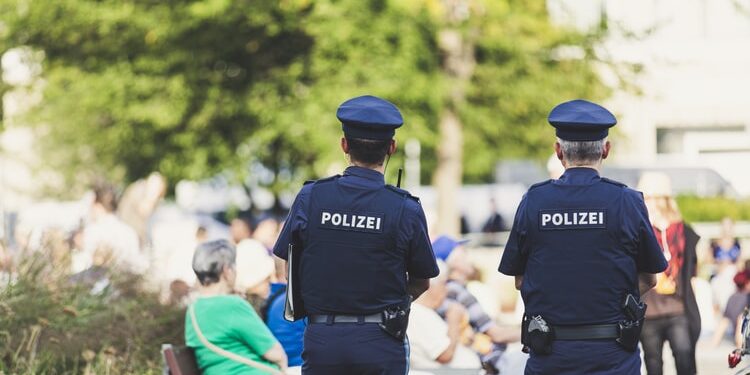The strange case of convicted terrorist Mohamed Hijab is at the heart of an emerging row between Germany and Morocco. At stake is more than the fate of a convicted terrorist but, larger issues. Indeed anti-terrorism cooperation between Europe and its regional partners in security have gone shaky in recent years. Between NATO and its allies. Between the role of the Southern Mediterranean countries in the role of the north.
Hajib attracted the attention of German authorities when he returned to the country in 2009 from Pakistan. His profile was not different from many returning foreign fighters and he was met at the airport by German authorities who detained him who released him on the condition that he leave immediately for Morocco – despite having acquired German nationality.
Hajib was released in 2017 but, in 2019 reactivated social media accounts with new allegations of torture. Such accusations are not uncommon especially in the context of a global “War on Terror” that Germany was very much a part of and given the priorities of the current German government would very much like to forget.
The Moroccan government has categorically denied these allegations. In the media Moroccan media criticisms of Hajibs case have been more poignant. A former fellow prisoner has made counter accusations that Hajib is being encouraged by the enemies of Morocco and challenged how he got access to a smartphone while in prison.
After his release Hajib spent a few days in Morocco before returning to Germany. Where he sued Germany and won a 1.5-million-euro case over the handling of his case from the German government. The security relationship between the two countries soon soured over the issue. Morocco seeks his extradition over new charges but, Germany has steadily refused. It seems that Germany would just prefer the entire episode be quietly forgotten and hopes the international community does as well. Until February, the International Criminal Police Organization (Interpol) had an arrest warrant for Hajib before it was deemed political.
“Partners are keen to underscore their own contributions, and potential contributions, to NATO. These include participation in Alliance operations, intelligence on terrorism and the movement of foreign fighters,” a report from the German Marshall Fund pointed out in 2018. Today three years the situation is far different as Europe seeks to treat its allies not as allies but, as junior partners even on critical security issues.
It is unclear what is driving the current row. Perhaps it is a reticence to share intelligence between Berlin and Rabaat. Perhaps as some in Moroccan press an intelligence asset. Yet, what is clear is such a row was inconceivable just a few short years ago. The geopolitical debate about cases such as this one suggest that allies on both sides of the Mediterranean could do more to focus not on politics but, the apolitical war against terrorism. The fabric of an alliance once believed to be maybe made of iron may become thinner than paper.























































